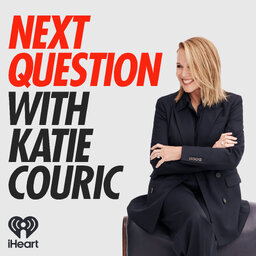For part two of our look back at 2018, we’re reviewing the year in climate change and news/politics. Katie and Brian invite former Vice President Al Gore to reflect on the devastating forest fires and hurricanes that happened this year, how they’re connected to climate change, and why it’s important to address the climate crisis now. Next, Michael Barbaro, from The New York Times’s “The Daily” podcast, walks Katie and Brian through the biggest names and moments in the news this year — from the Mueller investigation and Brett Kavanaugh to the war in Yemen and mass shootings. Plus, Katie and Brian have an announcement: This is the last episode of the podcast. Thank you so much to all of our devoted listeners, and stay tuned on Katie and Brian’s social media accounts for more information about what’s next for them! This episode is sponsored by ADT (www.ADT.com/SMART), Prudential (www.prudential.com/stateofus), Thrive Market (www.thrivemarket.com/KATIECOURIC), Warby Parker (www.warbyparker.com/KATIE).
Learn more about your ad-choices at https://www.iheartpodcastnetwork.com
 Next Question with Katie Couric
Next Question with Katie Couric


